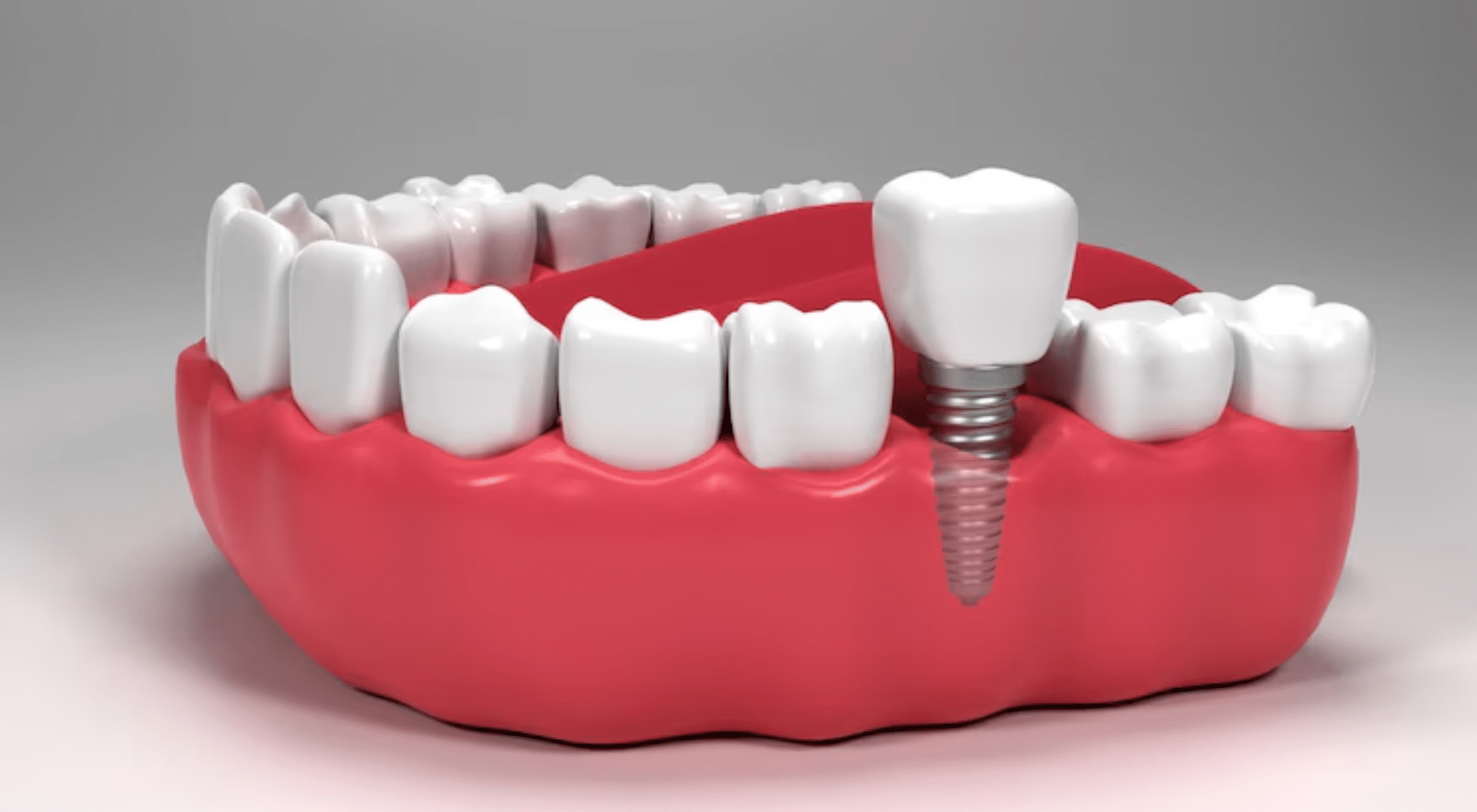
Avoid These 7 Habits for a Successful Recovery After Dental Implants in Mountain Home, AR
Undergoing dental implant surgery in Mountain Home, AR, is a significant step toward restoring your smile and oral function. However, the success of your implant procedure relies not only on the surgical skill of your dentist but also on your commitment to a smooth recovery process. To help you achieve the best results, we’ll explore seven habits to avoid during your dental implant recovery. These habits, if left unchecked, can jeopardize the healing process and the long-term success of your implants. By being mindful of these practices and following your dentist’s post-surgery instructions diligently, you can ensure a successful and lasting outcome for your dental implants in Mountain Home, AR.
Habit 1: Smoking and Tobacco Use
Smoking and tobacco use can significantly hinder the success of dental implant recovery. Here are two key points regarding this detrimental habit:
1. Impaired Blood Flow: Smoking restricts blood flow, which is crucial for the healing process. Reduced blood circulation can slow down the delivery of essential nutrients and oxygen to the implant site, delaying recovery and increasing the risk of complications.
2. Increased Risk of Infection: Tobacco use weakens the immune system, making the body less capable of fighting off infections. This heightened susceptibility to infection can lead to implant failure and other oral health issues. To maximize the chances of a successful implant, it’s essential to quit smoking or refrain from tobacco use during the recovery period.
Habit 2: Neglecting Oral Hygiene
Neglecting oral hygiene during dental implant recovery can compromise the success of the procedure. Here are two key points regarding this essential habit:
1. Infection Risk: Poor oral hygiene can lead to bacterial buildup around the implant site, increasing the risk of infections like peri-implantitis. Infected implants may fail, necessitating removal and replacement.
2. Gingival Health: Neglecting oral hygiene can also affect the health of surrounding gums. Healthy gums provide stability and support to the implant. Maintaining proper brushing, flossing, and using prescribed mouthwashes as directed by your dentist is crucial to prevent complications and promote healing during your dental implant recovery.
Habit 3: Ignoring Dietary Guidelines
Ignoring dietary guidelines during dental implant recovery, can hinder the healing process and potentially affect implant success. Here are two key points to consider:
1. Nutrition Impact: Your diet plays a critical role in the healing process. Ignoring dietary guidelines can deprive your body of essential nutrients needed for tissue repair and bone integration. A balanced diet rich in vitamins and minerals supports optimal healing.
2. Avoiding Certain Foods: Some foods can be detrimental to implant recovery, such as hard, crunchy, or sticky items that can damage surgical sites or increase the risk of complications. Following your dentist’s dietary recommendations is crucial to ensure a successful and uneventful recovery after dental implant surgery.
Habit 4: Excessive Alcohol Consumption
Excessive alcohol consumption during dental implant recovery can have adverse effects on the healing process. Here are two key points to consider regarding this habit:
1. Reduced Healing Capacity: Excessive alcohol consumption can impair the body’s ability to heal. It can weaken the immune system, making it less efficient at fighting infections and slowing down the recovery process.
2. Increased Risk of Complications: Alcohol can interact with medications prescribed during recovery, potentially reducing their effectiveness or causing adverse reactions. It can also lead to dehydration, which is detrimental to the healing process. To promote successful recovery, it’s essential to moderate or abstain from alcohol consumption as recommended by your dentist.
Habit 5: Skipping Follow-up Appointments
Skipping follow-up appointments with your dentist during dental implant recovery can have negative consequences for your oral health. Here are two key points regarding the importance of these appointments:
1. Monitoring Healing Progress: Follow-up appointments allow your dentist to monitor the healing progress and ensure that your implants are integrating well with your bone and surrounding tissues. Any issues or complications can be detected and addressed promptly.
2. Adjusting Treatment Plan: If necessary, your dentist may need to make adjustments to your treatment plan during recovery. Skipping follow-up appointments can delay necessary modifications, potentially compromising the long-term success of your dental implants. Regular check-ups are crucial for a successful outcome.
Habit 6: Chewing on Hard or Sticky Foods
Chewing on hard or sticky foods during dental implant recovery can pose a risk to the healing process and the integrity of your implants. Here are two key points to consider regarding this habit:
1. Implant Stress: Hard or sticky foods can exert excessive pressure on the implants or surgical sites, potentially causing damage or disrupting the healing process. This stress can lead to implant failure or complications.
2. Recommendations for Soft Diet: Your dentist will likely recommend a soft diet during the initial recovery period to protect the implants and surgical sites. It’s essential to adhere to these recommendations to ensure the implants can integrate successfully and avoid any setbacks in your recovery journey.
Habit 7: Neglecting Physical Activity and Rest
Neglecting physical activity and rest during dental implant recovery can impact your overall health and the success of the healing process. Here are two key points to consider regarding this habit:
1. Balancing Activity and Rest: Striking the right balance between gentle physical activity and rest is crucial. While excessive physical exertion can strain your body and potentially interfere with healing, complete inactivity can lead to stiffness and reduced blood circulation. Follow your dentist’s guidelines for post-surgery activity levels.
2. Overall Health: Physical activity and rest play a significant role in your overall health, which can, in turn, affect your recovery. Prioritize a healthy lifestyle by engaging in light activities as recommended by your dentist and ensuring you get adequate rest to support the healing process.
Source: Dr. Brett Langston
In conclusion, adhering to these recommended habits and avoiding detrimental ones is vital for a successful dental implant recovery in Mountain Home, AR. By quitting smoking, maintaining proper oral hygiene, following dietary guidelines, moderating alcohol consumption, attending follow-up appointments, avoiding challenging foods, and striking the right balance between activity and rest, you can optimize your chances of a smooth and successful recovery, ensuring the long-term success of your dental implants.




